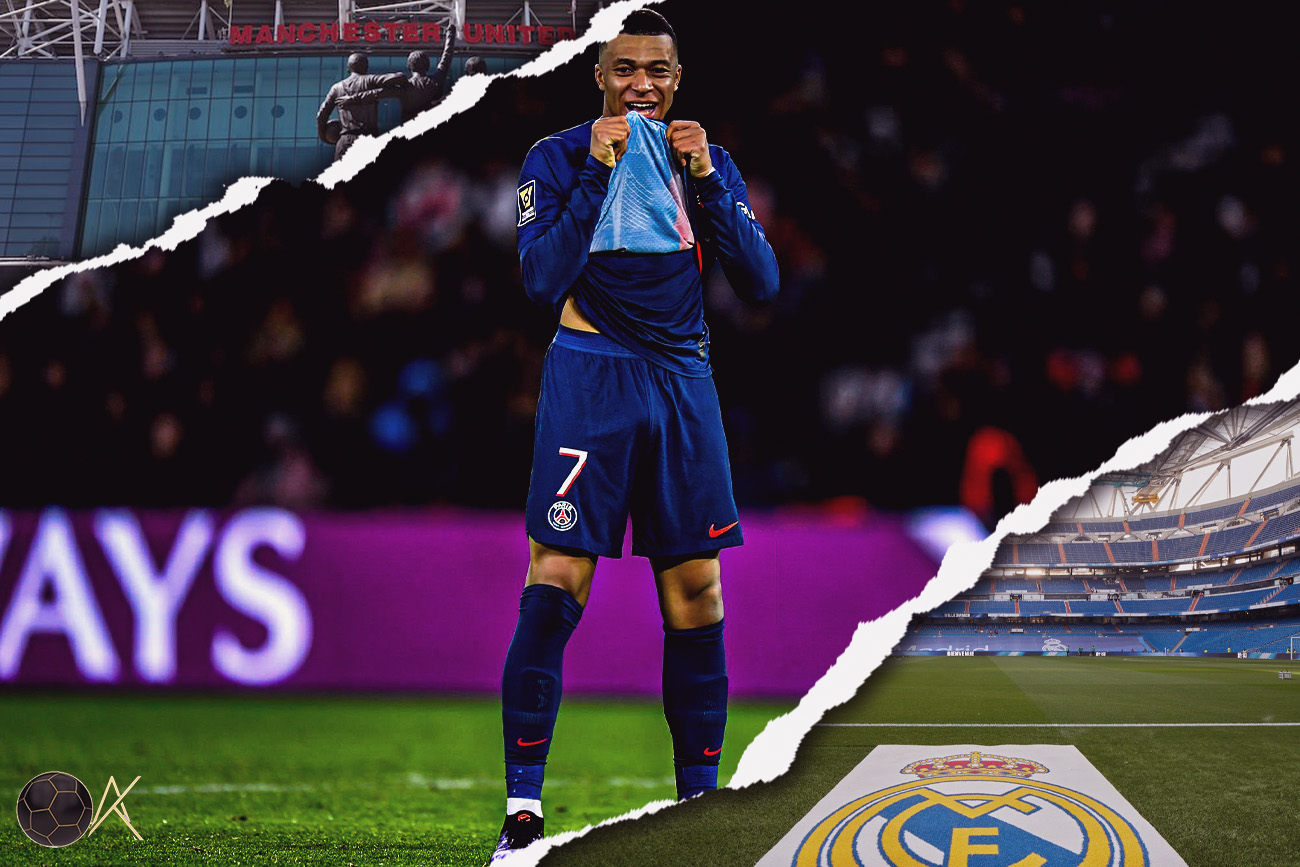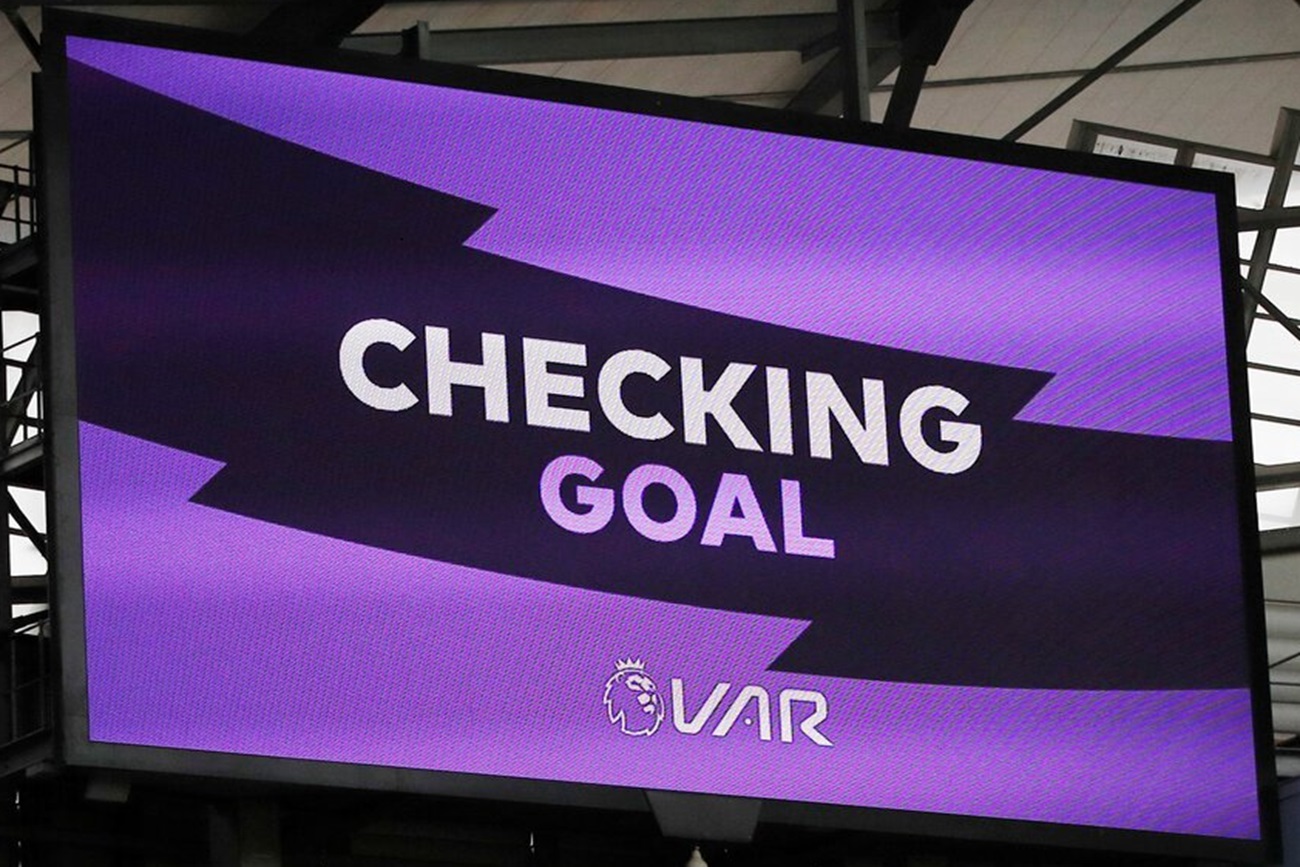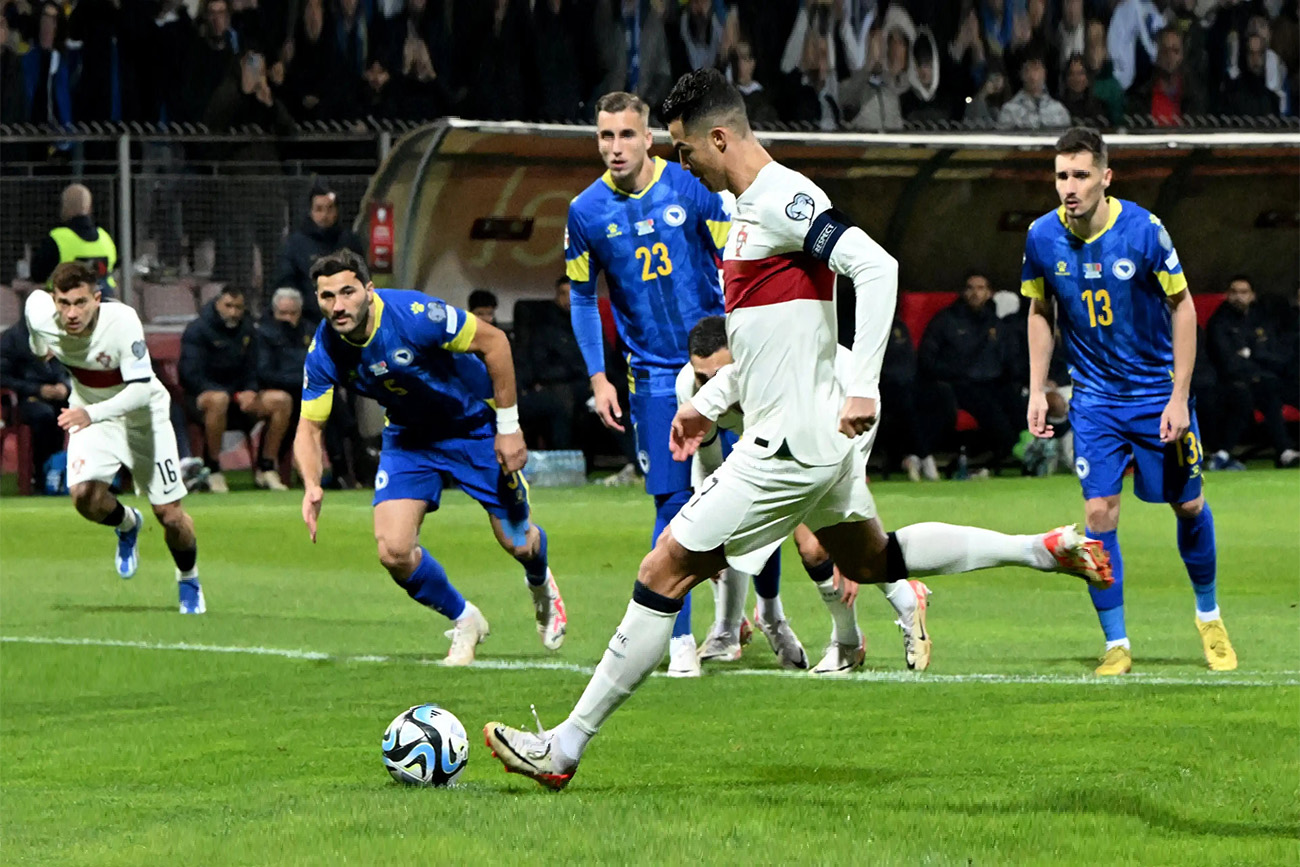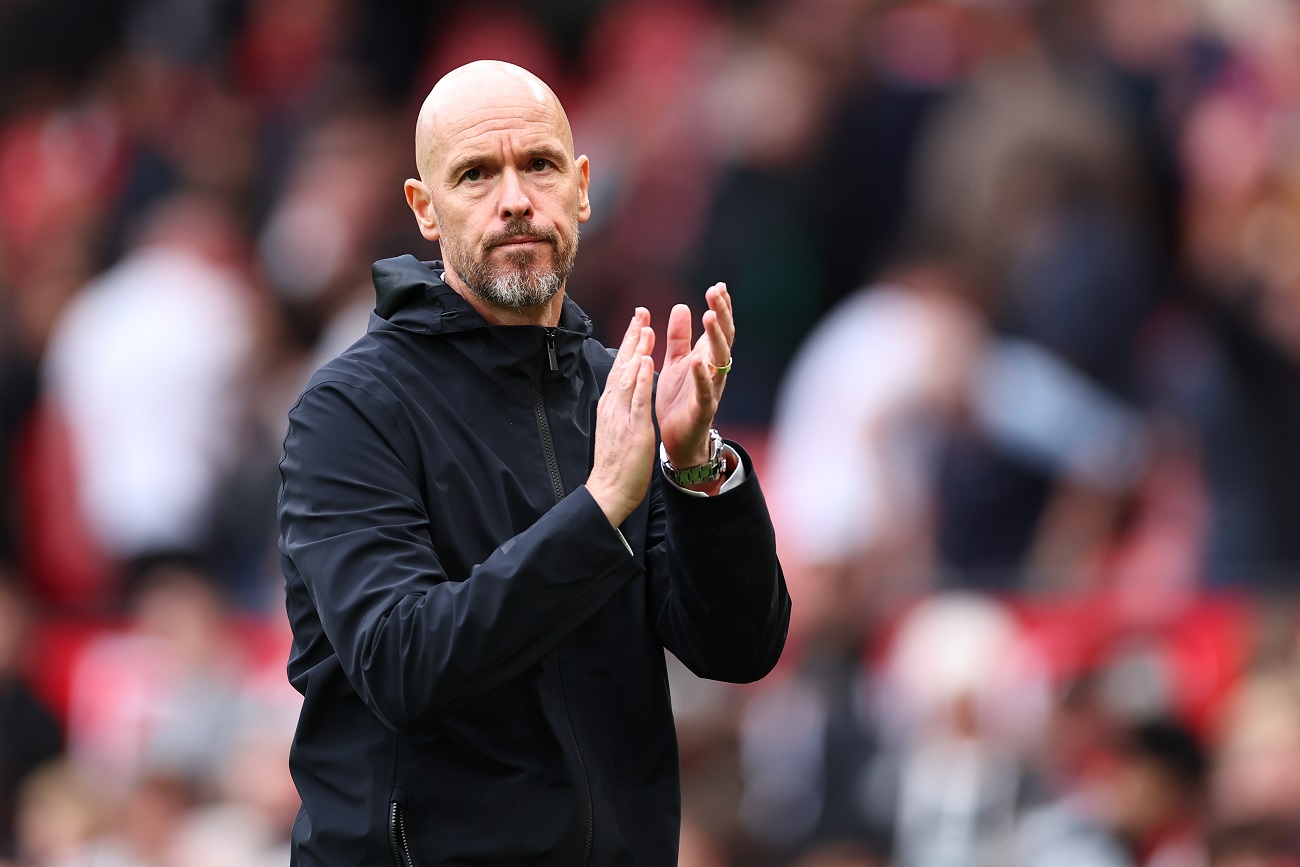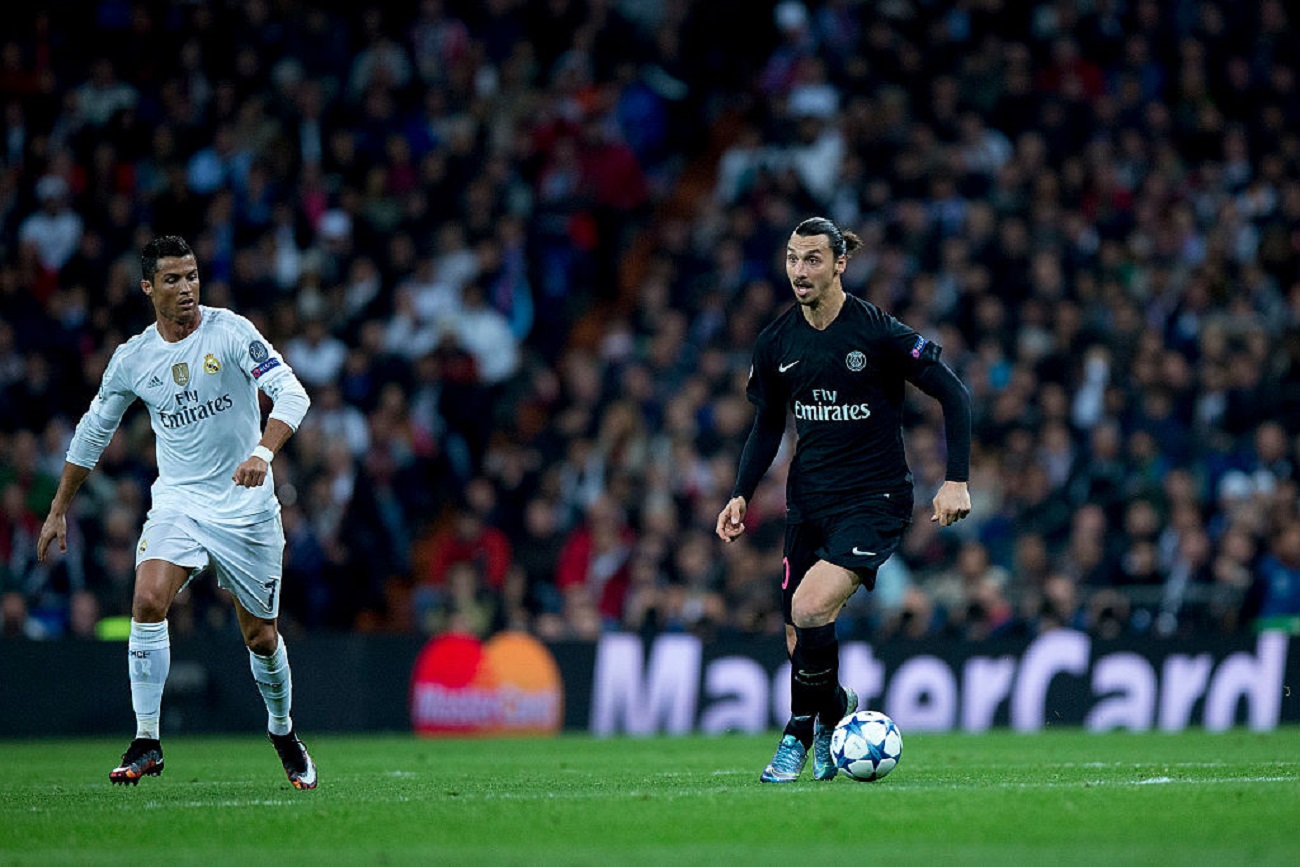
Confidence in Football
Cover image from - https://ronaldo.com/football-news/top-5-most-confident-footballers-in-the-history-of-the-game/5/ - (GETTY IMAGES)
Physical strengths such as stamina, strength, speed, agility, etc are all important for footballers to develop to be in the perfect condition to play on a pitch. But football isn’t all about just technique and skill, mental strength is another important factor for footballers at all levels and is usually not put on the same pedestal as physical attributes by many supporters.
Physicality in football is what fans tend to look at more in players whenever they play. It is a common misconception, as they think a player's physical condition will determine how well they perform in matches throughout a season. However, this is not the case. Yes, physical strength is very important but mental strength is as important for a footballer or any athlete in general when it comes to performing well. A player can be in peak physical condition, at a good age but with low confidence their performances won’t match the expectations, leaving many fans bewildered and disappointed.
An example of this is Marcus Rashford in the 21/22 season for Manchester United. The prior two seasons he had the second most goal contributions for an LW across the world, showing the levels he was at. However, during the 20/21 season, he was playing through his injury but still managed to produce some world-class performances for Manchester United as they finished 2nd in the league that season. Despite his rather low physical condition, his confidence was high hence why he could produce performances as we saw in those two seasons (19/20 and 20/21).
However, during the Euro 2020 campaign, he was sidelined for the majority of the tournament due to the repercussions of playing through an injury. Of course, this took a hit on his confidence. England made it to the finals in which Rashford, unfortunately, missed a key penalty in the shootout and was targeted to foul racial abuse after the loss. Further followed by surgery on his injured shoulder.
This gave time for Rashford to improve his physical condition, however, the abuse from the fans after the tournament and the negatives of social media showed a clear deterioration in his mental state when playing football. Once he returned he had a decent spell of 3 goals in 4 games but his confidence was low despite being in a good physical state. He only managed 6 goal contributions in that season, showing how his confidence levels affected his performances.
This is only one of many cases in the football world. Of course, some players can still produce high performances but those players are usually rare (Messi and Ronaldo).
Self-confidence for a player can also be mistaken for arrogance. Players having self-confidence is key as it boosts their morale and helps them focus better on the task at hand. But most media and social media ‘experts’ confuse this for arrogance when in reality it is just the players boosting their mentality and morale.
Football can be a cruel and daunting world with pressures from fans to meet expectations or other behind the scene issues. Hence why the mental health of players should be considered with the same amount of importance as the physical and other skills required to play the game. Believing in yourself can take you a long way in football - just look at some of the greats of the game and the confidence and aura they possess. Without a strong mentality, physicality will feel meaningless.




